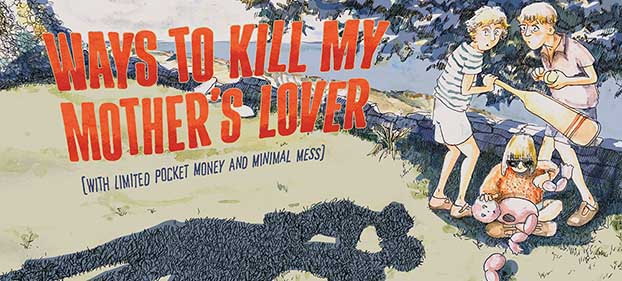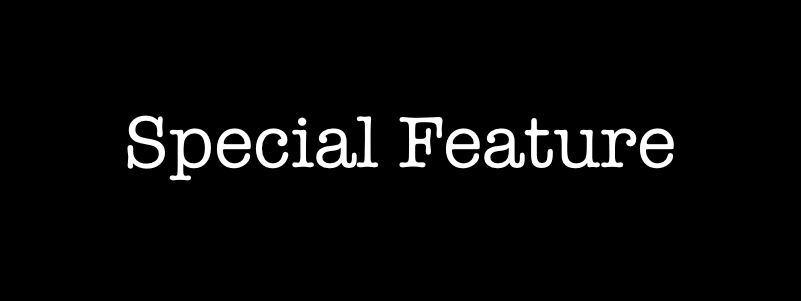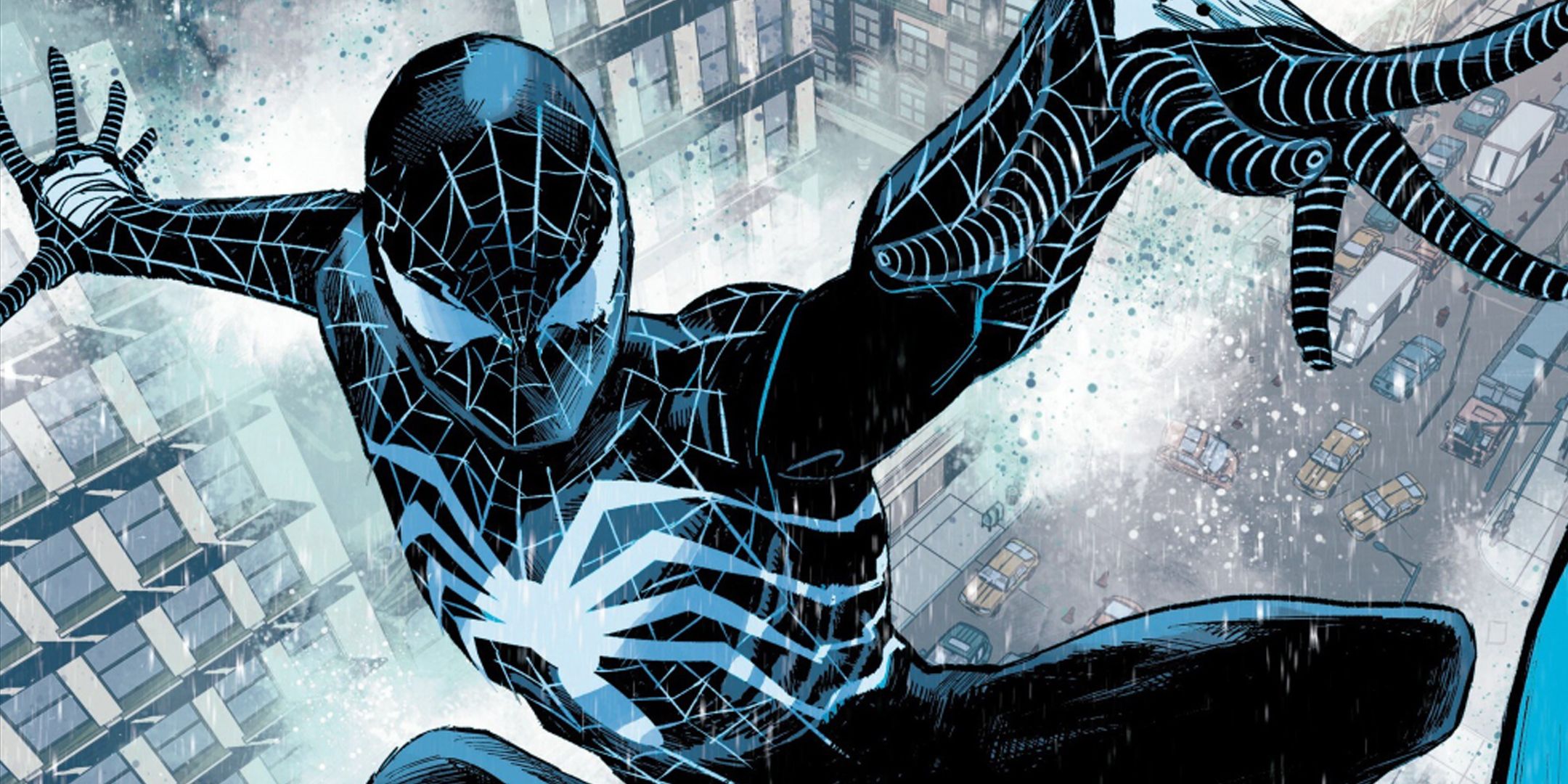
A federal judge has dismissed a lawsuit brought by the estate of Superman co-creator Joseph Shuster, allowing Warner Bros. Discovery to proceed with the global release of its upcoming Superman reboot. The decision, issued on April 24, 2025, marks a critical victory for the studio in a dispute over international copyright claims tied to the iconic superhero, however the judge left the core claim untested with his dismissal.
The Shuster estate argued that under copyright laws in countries like Canada, the United Kingdom, Ireland, and Australia, Warner Bros. and DC Comics no longer held valid rights to Superman in those regions. The estate claimed that foreign copyright protections-often referred to as “reversionary rights,” automatically returned to Shuster’s heirs 25 years after his 1992 death. By 2017, the estate asserted, it regained control of Superman’s rights in most of these territories, with Canada’s rights reverting in 2021 due to joint authorship rules.
The lawsuit sought to block the release of director James Gunn’s Superman film, starring David Corenswet and Rachel Brosnahan, in the disputed regions unless Warner Bros. obtained a license from the Shuster estate. It also demanded damages for alleged unauthorized use of the character in movies, TV shows, and merchandise.
U.S. District Judge Jesse Furman dismissed the lawsuit, ruling that federal courts lack authority to decide claims based solely on foreign copyright laws. “The infringement claims are brought explicitly under the laws of foreign countries, not the laws of the United States,” Furman wrote, emphasizing that the Berne Convention-an international copyright treaty-does not override this jurisdictional limitation. The dismissal leaves the Shuster estate’s core argument untested, as the court did not evaluate whether the estate actually owns Superman’s rights overseas. However, the ruling removes an immediate threat to the film’s July 11, 2025, premiere.
Warner Bros. Discovery hailed the decision, stating, “As we have consistently maintained, DC controls all rights to Superman”. The studio has long relied on a 1938 agreement in which Shuster and co-creator Jerry Siegel sold Superman’s global rights to DC’s predecessor for $130. The Shuster estate countered that a 1992 settlement involving Shuster’s sister did not lawfully transfer foreign rights, but this argument remains unresolved.
The estates of Superman co-creators Jerry Siegel and Joseph Shuster have been locked in legal battles with Warner Bros. for decades, with at least three known major lawsuits. The first in 1947, when Siegel and Shuster sued to reclaim ownership and secure royalties. A second lawsuit was filed in 1969 under the 1909 Copyright Act, arguing that renewal rights belonged to the creators. The Second Circuit Court ruled in 1974 that DC retained ownership based on the 1948 settlement A landmark 2013 settlement addressed compensation and attribution rights. The most recent lawsuit, filed in January 2025 by the Shuster estate, sought to block the release of James Gunn’s Superman film in several countries. The estate refiled the lawsuit in New York state court shortly after the federal dismissal, signaling the fight is far from over. Legal experts note that similar copyright disputes could have broader implications for studios relying on older agreements to retain international rights to franchises.
As the creators of Superman, Siegel and Shuster were significantly underpaid for their groundbreaking work. In 1938, they sold the rights to Superman for just $130, a tiny amount compared to the billions the character has generated worldwide through comics, movies, and merchandise. Although they received some payments over the years-including a $94,000 settlement in the late 1940s and modest pensions in the 1970s, these amounts were far from reflecting Superman’s true value, highlighting the broader issue of creators being undervalued in the entertainment industry, especially during the early days of comic books.
This most recent case involved a decades-long struggle over international copyright laws, particularly as the estates leverage “reversionary rights” claims in countries like Canada and the UK. Warner Bros. has consistently maintained that DC Comics retains full rights, citing a 1938 agreement. Legal experts note these cases could set precedents for how studios manage legacy character rights in an era of global streaming and distribution. The 2025 refiling ensures the battle over Superman’s future will continue, even as the upcoming film remains on track for its July release.
The ruling also ensures James Gunn’s film will debut as planned worldwide, including in the contested territories. However, the Shuster estate’s state-level lawsuit could reignite the battle over royalties and licensing fees, potentially affecting future Superman projects. For now, Warner Bros. retains the upper hand, but the legal saga underscores the complexities of navigating global copyright laws in the entertainment industry. Perhaps Siegel and Shuster’s bigger legacy will be to serve as a lasting example of the challenges faced by creative artists in protecting their work.
***



















 English (US) ·
English (US) ·